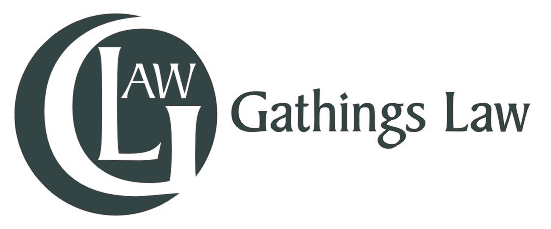Defamation is a legal term that refers to a false statement that harms someone’s reputation. In the United States, defamation law is governed by state law, and the elements of a defamation claim can vary depending on the jurisdiction. However, in general, a plaintiff must prove that the defendant made a false statement about the plaintiff, that the statement was published to a third party, and that the statement caused harm to the plaintiff’s reputation.
One recent high-profile defamation case is the E. Jean Carroll v. Donald Trump case. In this case, E. Jean Carroll, a former magazine columnist, accused Donald Trump of sexually assaulting her in the 1990s. , Trump denied the allegations and made several statements about Carroll, including that she was “totally lying” and that he had never met her. Carroll filed a defamation lawsuit against Trump, alleging that his statements harmed her reputation and caused her emotional distress.
In November 2021, a jury found Trump liable for defamation and awarded Carroll $2.7 million in damages. However, the case is not yet over. In January 2024, Carroll filed a second defamation lawsuit against Trump, seeking additional damages. The trial of that case is on-going today.
Defamation cases can be complex and difficult to prove. If you believe that you have been defamed, it is important to consult with an experienced attorney who can help you understand your legal rights and options.
Lloyd Gathings
Gathings Law
Birmingham, AL
(205) 322-1201
No representation is made that the quality of legal services to be performed is greater than the quality of legal services performed by other lawyers.

